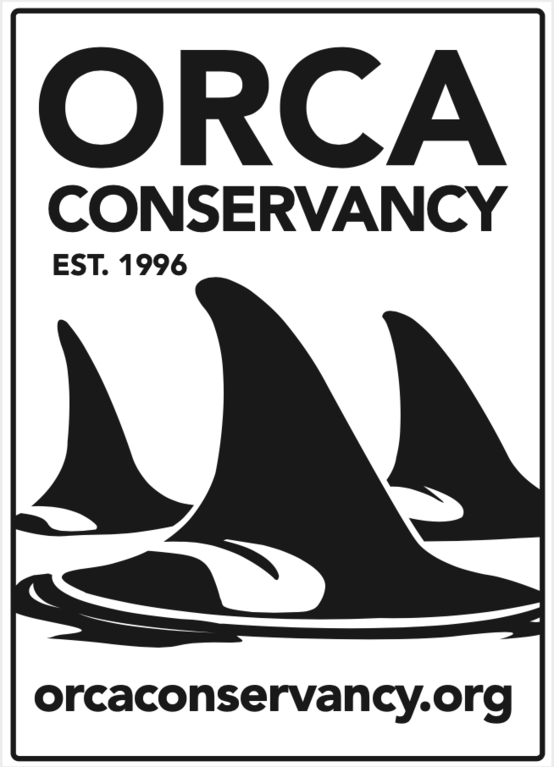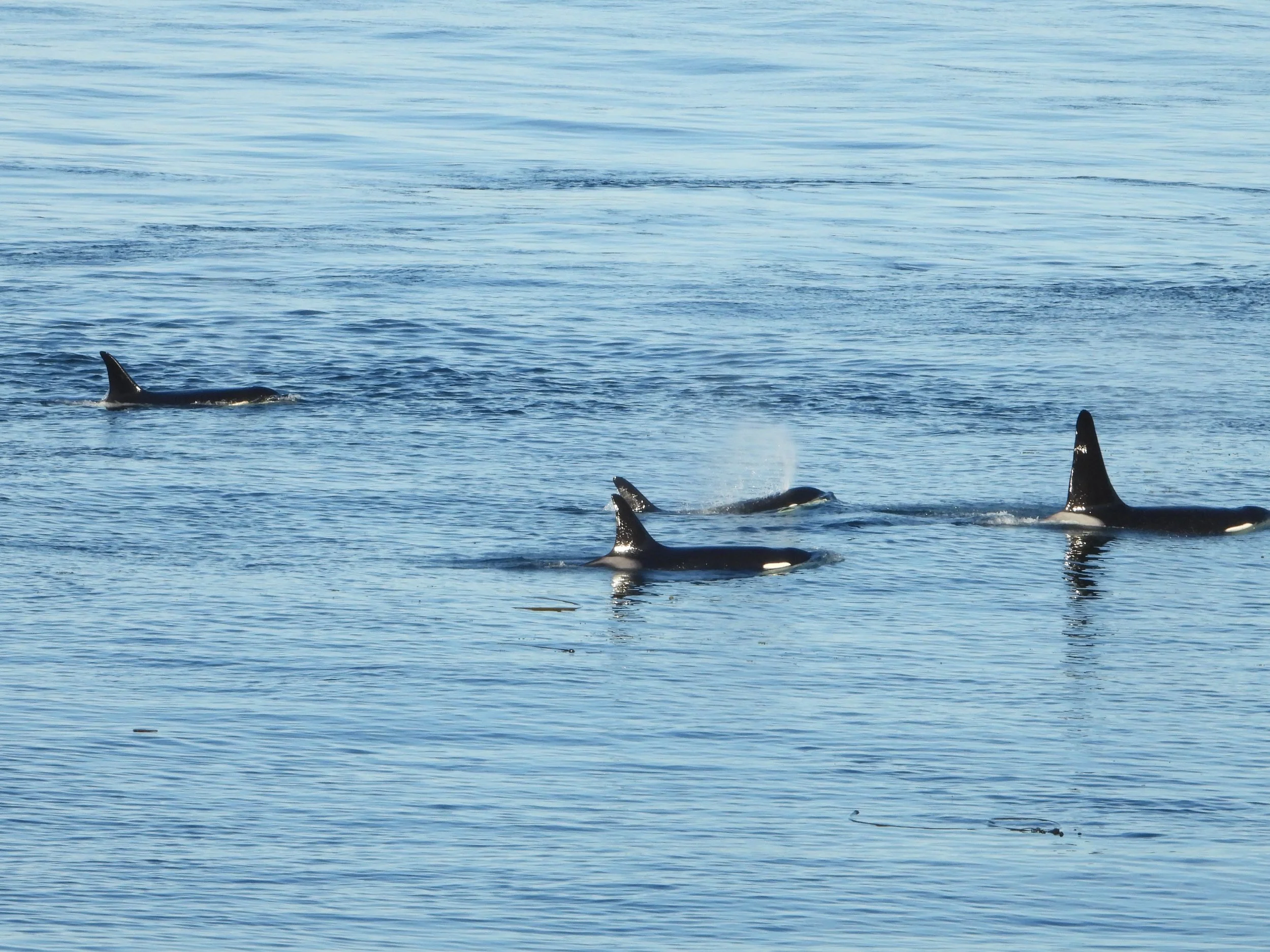ACTION ALERT: Support Recommendation to Keep SRKWs On Washington’s Endangered Species List
Leave a public comment in support of the recommendation to keep the Southern Resident killer whales on Washington State’s endangered species list.
The Washington Department of Fish and Wildlife (WDFW) is accepting public comments on the draft of the Periodic Status Review through February 19, 2024. This draft is part of the regular process that reviews information and classification recommendations for endangered, threatened, and sensitive species.
WDFW has stated that they are recommending that the SRKWs retain their endangered status due to the continued depleted state as well as ongoing threats.
How to Submit a Comment:
Submit comments on the draft review via email or by mailing the WDFW:
Email:
TandEpubliccom@dfw.wa.gov
Mail:
ATTN: Taylor Cotten
P.O. Box 43141
Olympia, WA 98504.
Tips for how to submit a public comment:
Be respectful and polite in your comments.
Get personal, share your experiences, and why you care. Personal messages carry more sentiment and weight which are more meaningful and can have a bigger impact on policymakers.
Avoid pre-written copy-and-paste templates. New practices have passed that make it so pre-written templates only get counted once. Meaning if multiple people submit the same exact comment, it will only be recorded once. Make it personal and unique to make sure it is counted. For pre-written templates, modify and add in your own voice to make it unique.
Cite relevant data that supports your comment
Suggested talking points:
The Southern Resident killer whales (SRKWs) are federally enlisted as critically endangered due to a variety of threats, and Washington State should follow suit and keep the SRKWs listed as endangered.
The state listing affords the Southern Residents much-needed protection enabling legislative and budget initiatives that can help aid in recovery efforts.
The WDFW already recommends that the Southern Residents remain listed as endangered due to “the continued depleted state of the SRKW population, as well as ongoing threats to Washington Killer whales -”.
According to data from WDFW, the Southern Residents have shown an overall declining trend since 1995, dropping from a toal of 98 whales down to 75 in 2024. (Note, once the census is updated, it is likely that this number will fall to 74 when the individual K34 is declared deceased)
While there has been an increase of calves born to all three Southern Resident pods, elder members of the population have perished, keeping the total population in the mid to low 70s. It is crucial for not only calves to survive into adulthood to ensure viable breeding individuals, but it is also important for adult whales to survive to help support genetic diversity.
The newest calf in J Pod, J60, passed away around a month after being born. The calf was displaying some concerning patterns such as traveling with females not deemed to be his mother, and showing signs of malnutrition, indicating severe nutritional stress. The loss of J60 contributes to the statistics of high calf mortality rates due to nutritional stress and high toxic pollution. J60 should serve as a strong reminder that this population is still struggling and warrants State level protection.
Maintaining the state enlistment as endangered will allow state authorities to implement and enact emergency orders and mandates around vessel regulations as needed which will benefit and protect the critically endangered Southern Resident killer whales. They will also alow entities such as WDFW to enforce these regulations.

